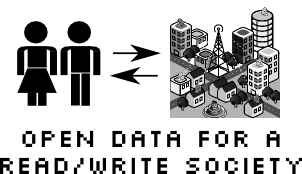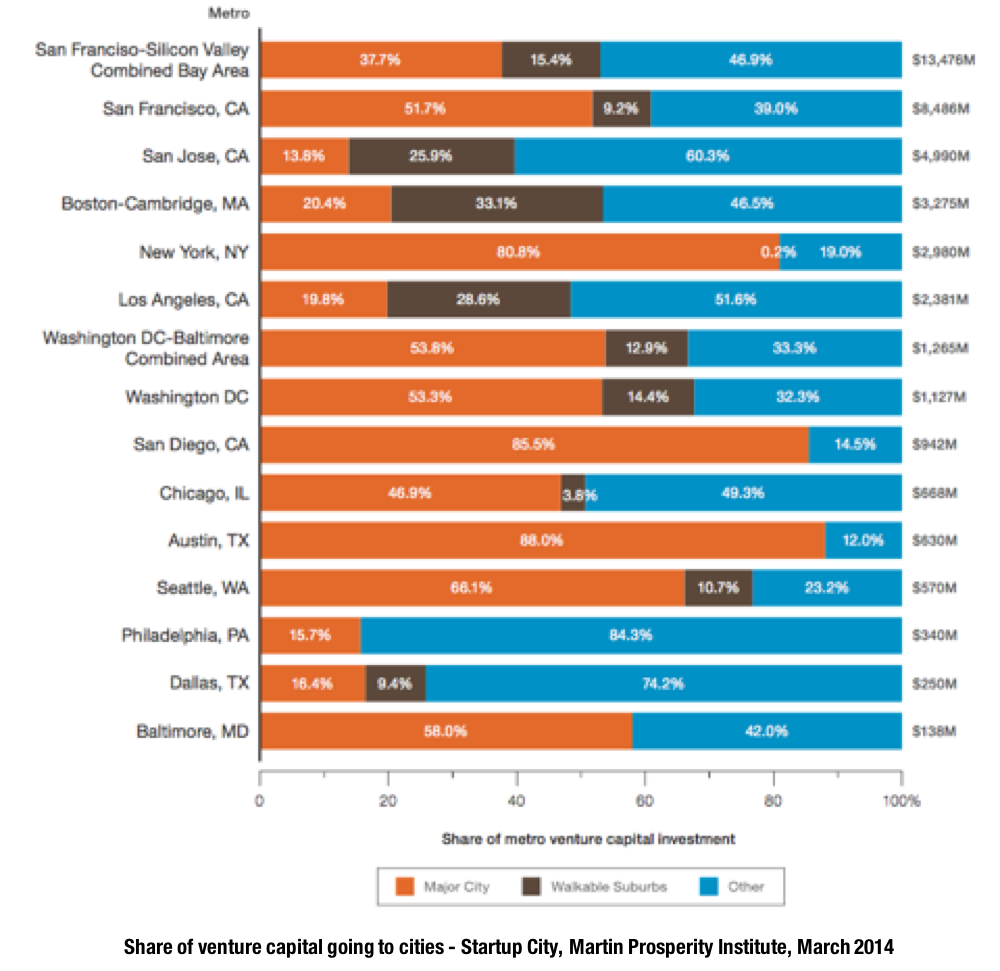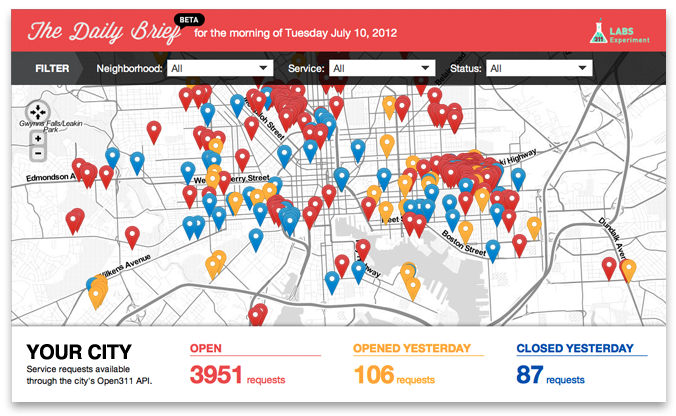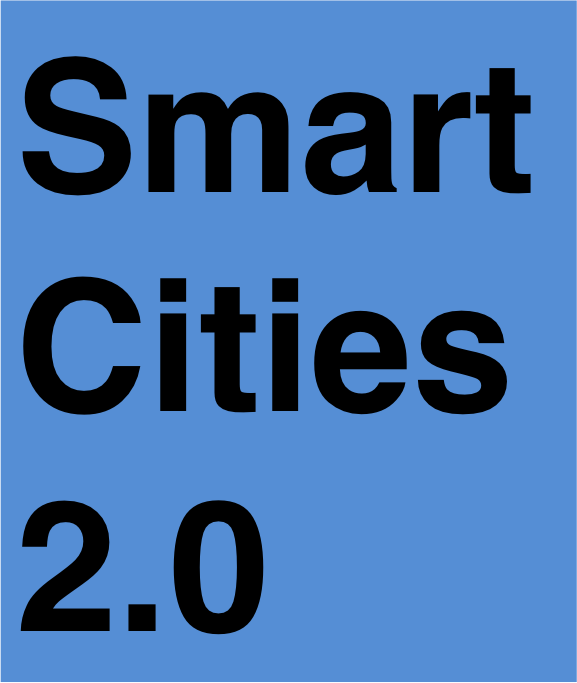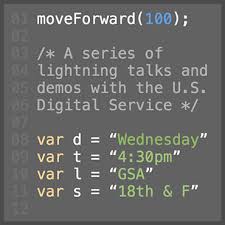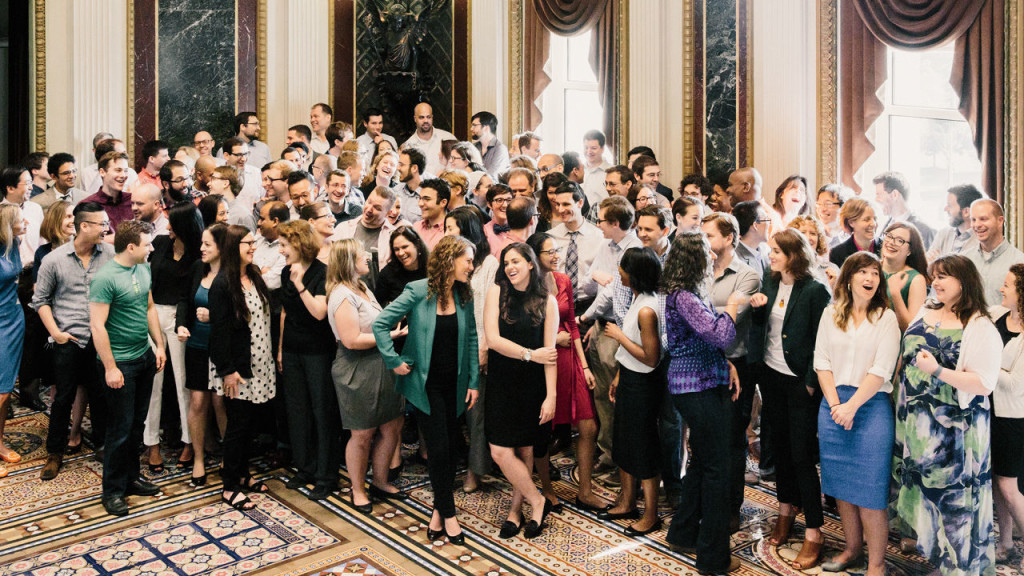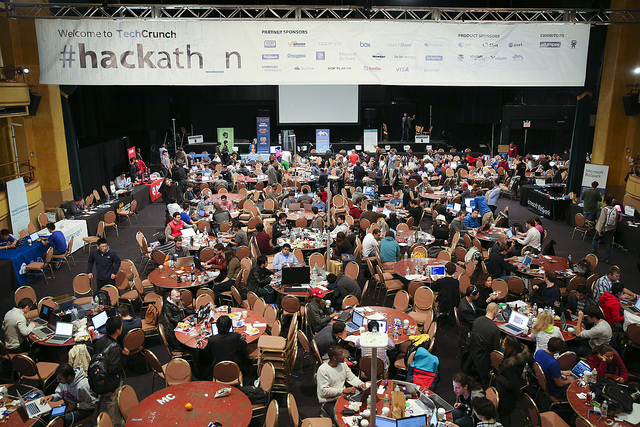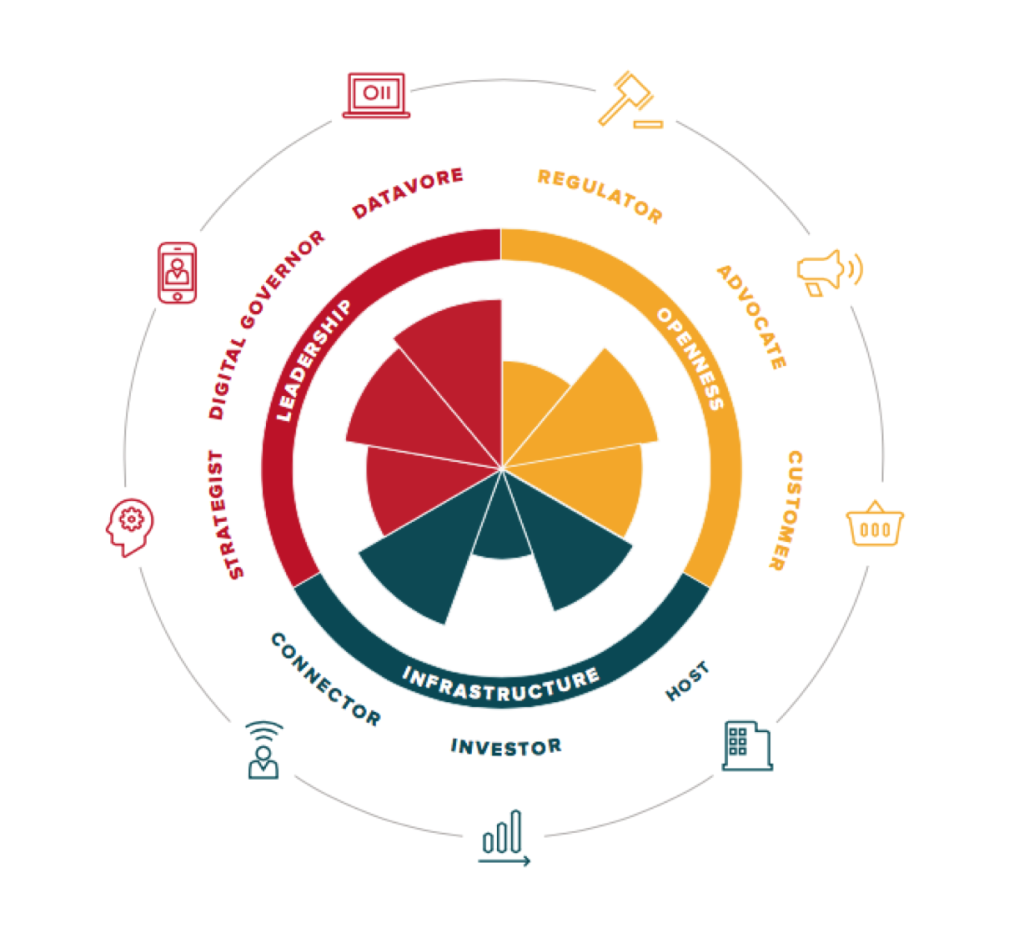 Oh no !!!! One more Smart City ranking !!!!!
Oh no !!!! One more Smart City ranking !!!!!
Who didn’t think lately this when confronted with another Smart City ranking? Indeed, in the last years, in spite of the lack of indicators, it has been an explosion of smart city rankings attempting to bring something new to the table.
However, two main problems plague Smart City rankings.
First, the lack of data. There is little data at city level and therefore you have to resort to interviews, self-declared assessments or use national or at most regional data, which makes non-sense for individual cities. Also, there isn’t any data that could allow a fair comparison of city initiatives. Again surveys take the main role and with them a very subjective view, if not bias, of the impact and worth of these initiatives.
Secondly, the polyhedric nature of the concept. Smart City is usually defined by its impact in many areas ranging from resilience to citizen participation or economic growth. Having cities different priorities it seems logical that they push in different directions. How can you compare them? The classical example refers to new cities recently build versus the old ones where many infrastructures cannot be changed. They obviously confront very different priorities.
When in spite of these difficulties you attempt to produce an index, any index, comes the question of usefulness. What is its contribution? Rank the efforts that cities do around Smart Cities, why is this useful?
Most of them rank existing assets in the different categories of the index, which honestly adds little not only to our understanding but in terms of guiding political action.
Once you gave up comparing potatoes with oranges, resilience with citizen participation or the rise of the sharing economy, the idea of a ranking that can provide a framework that could orientate Smart City initiatives can certainly be of some interest.
Very recently (June 2015), Nesta, Accentrue and Catapult have produced one of these: Citie that aims to rank city initiatives for technology, innovation and entrepreneurship. Citie doesn’t cover the whole spectrum of Smart Cities but maybe its most interesting part because it talks about growth and these days we all need growth, don’t we?
I am sure that you want to know the winners first 🙂

